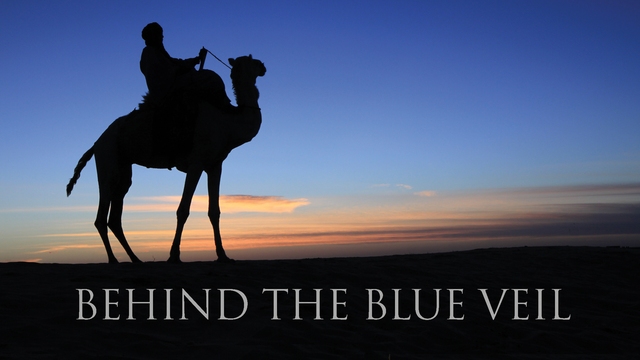Behind the Blue Veil
The nomadic Tuareg: one of the oldest cultures in the world on the verge of extinction
 The Tuareg people of the Sahara Desert are one of the world's last truly nomadic tribes. But their way of life is now under greater threat than ever before, from economic exploitation, from environmental catastrophe, from the scorn of their own government, from Islamist militants, and perhaps most of all from the relentless march of modernity. This revealing film documents the remaining fragments of Tuareg culture and examines a people's struggle for survival from a variety of perspectives.
The Tuareg people of the Sahara Desert are one of the world's last truly nomadic tribes. But their way of life is now under greater threat than ever before, from economic exploitation, from environmental catastrophe, from the scorn of their own government, from Islamist militants, and perhaps most of all from the relentless march of modernity. This revealing film documents the remaining fragments of Tuareg culture and examines a people's struggle for survival from a variety of perspectives.
Just as the sands of the Sahara shift and ebb and flow, so too do new threats emerge to threaten the Tuareg. Islamist militants and renegade mercenaries turn the Sahara into a battleground, forcing peaceful nomads into an ever-tighter corner. Foreign business interests seize territory, pollute oases and plunder the desert of its riches. And as the Tuareg flee south, they face discrimination from the people of southern Mali and a lingering death on the fringes of society. Neglected by the Malian state, they are forced to fester in refugee camps. Robbed of their land, their traditions, and their voice, the Tuareg may soon be robbed of all hope as well.
Telling the on-going story of the native people of the Sahara, Behind the Blue Veil is a moving documentary that challenges our notions of the relationship between culture and development, and puts a complex humanitarian situation into sharp focus.






